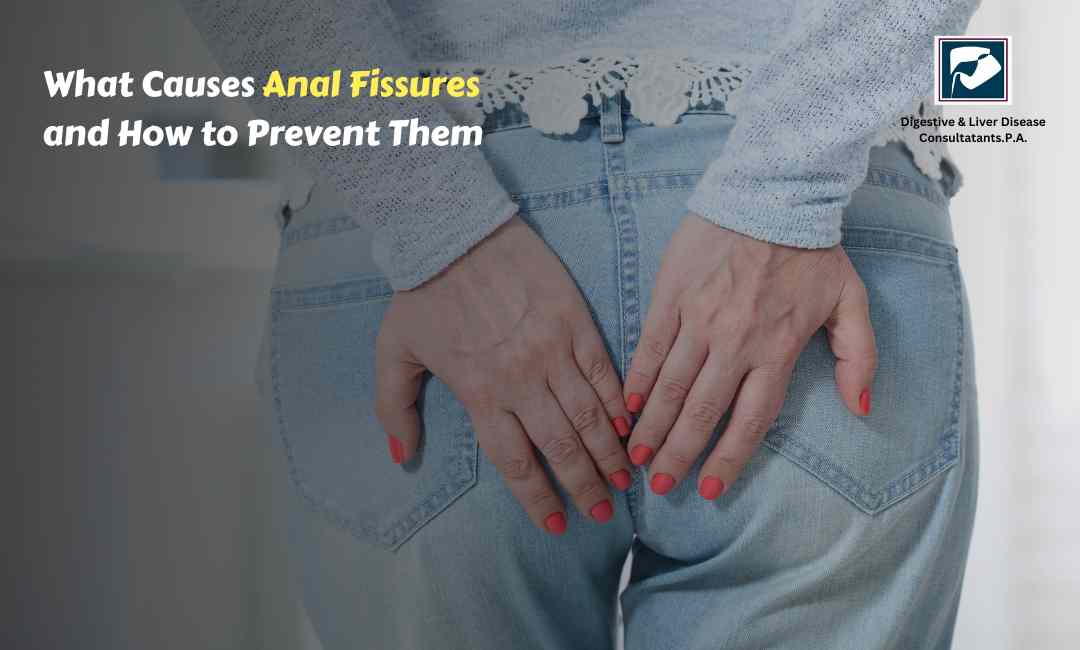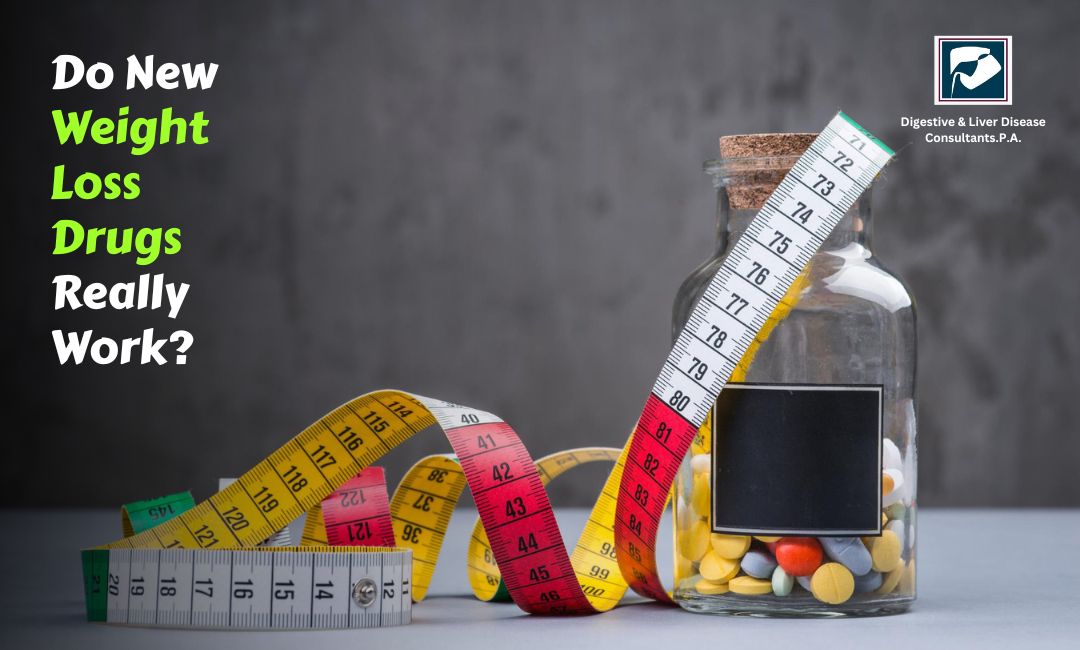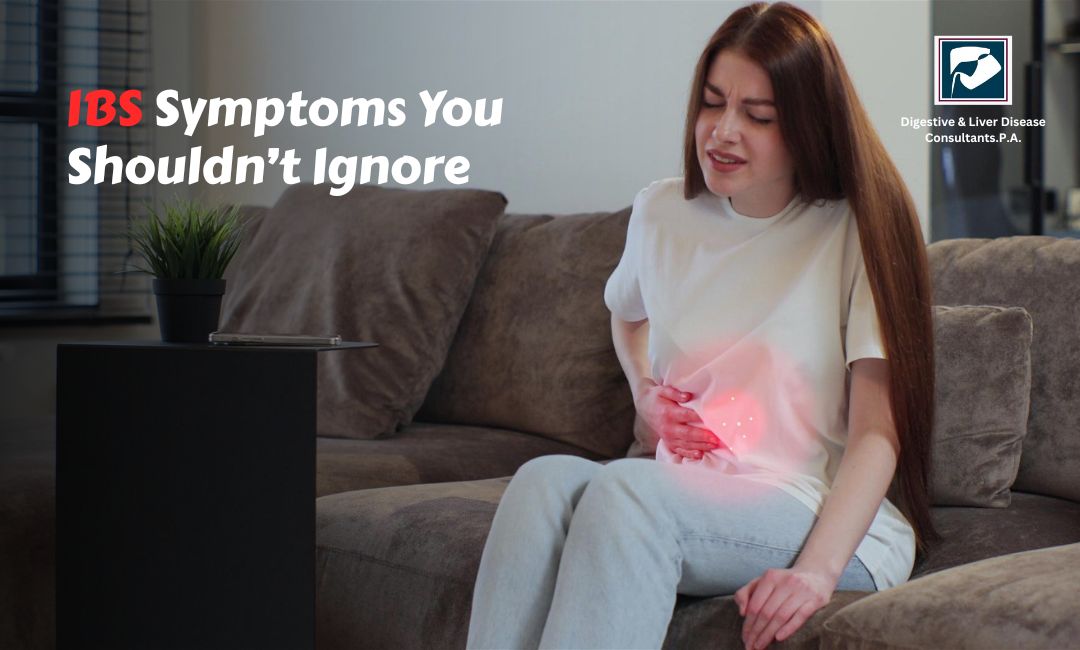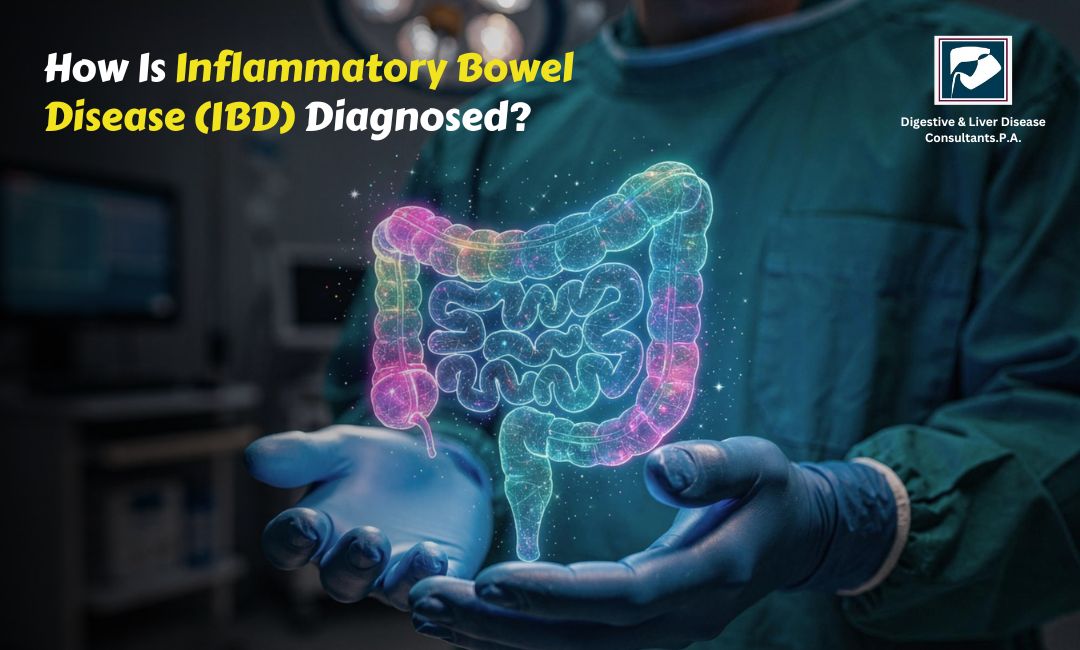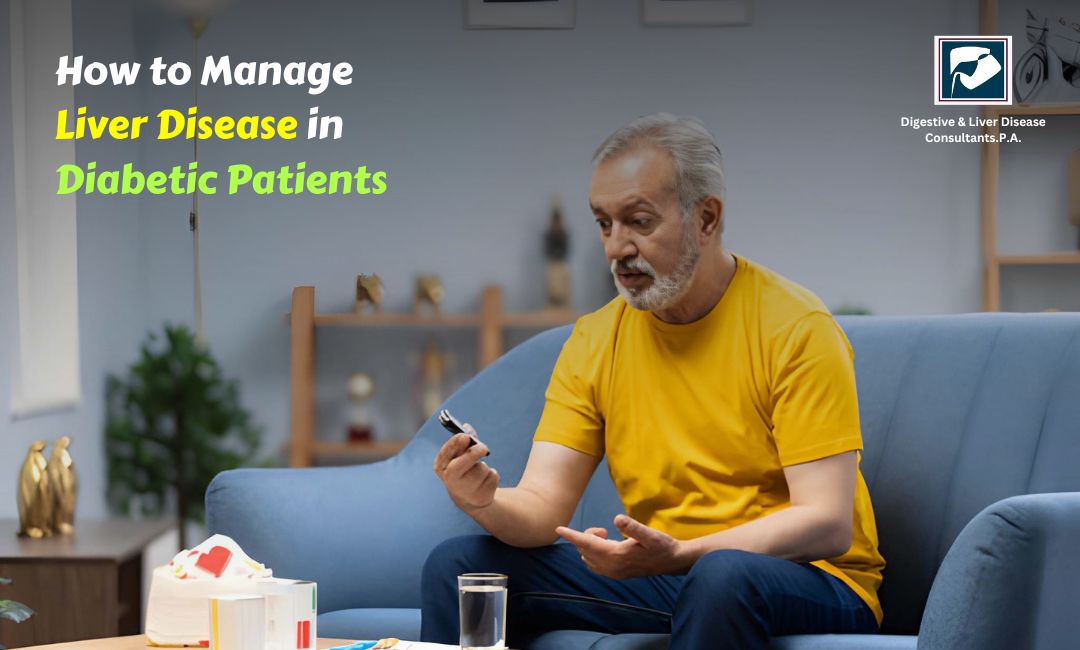Anal fissures might sound like a minor issue, but anyone who has experienced one knows how painful they can be. A sudden, sharp pain during bowel movements followed by burning or itching can disrupt your daily comfort. Understanding what causes anal fissures and how to prevent them can help you take better care of your digestive and rectal health.
What Is an Anal Fissure?
An anal fissure is a small tear in the lining of the anus, the opening where stool leaves the body. This tear can cause pain, bleeding, or discomfort during and after bowel movements. Though fissures can occur at any age, they are more common in young adults and middle-aged individuals.
Most anal fissures heal on their own with simple care, but some may become chronic if not treated properly.
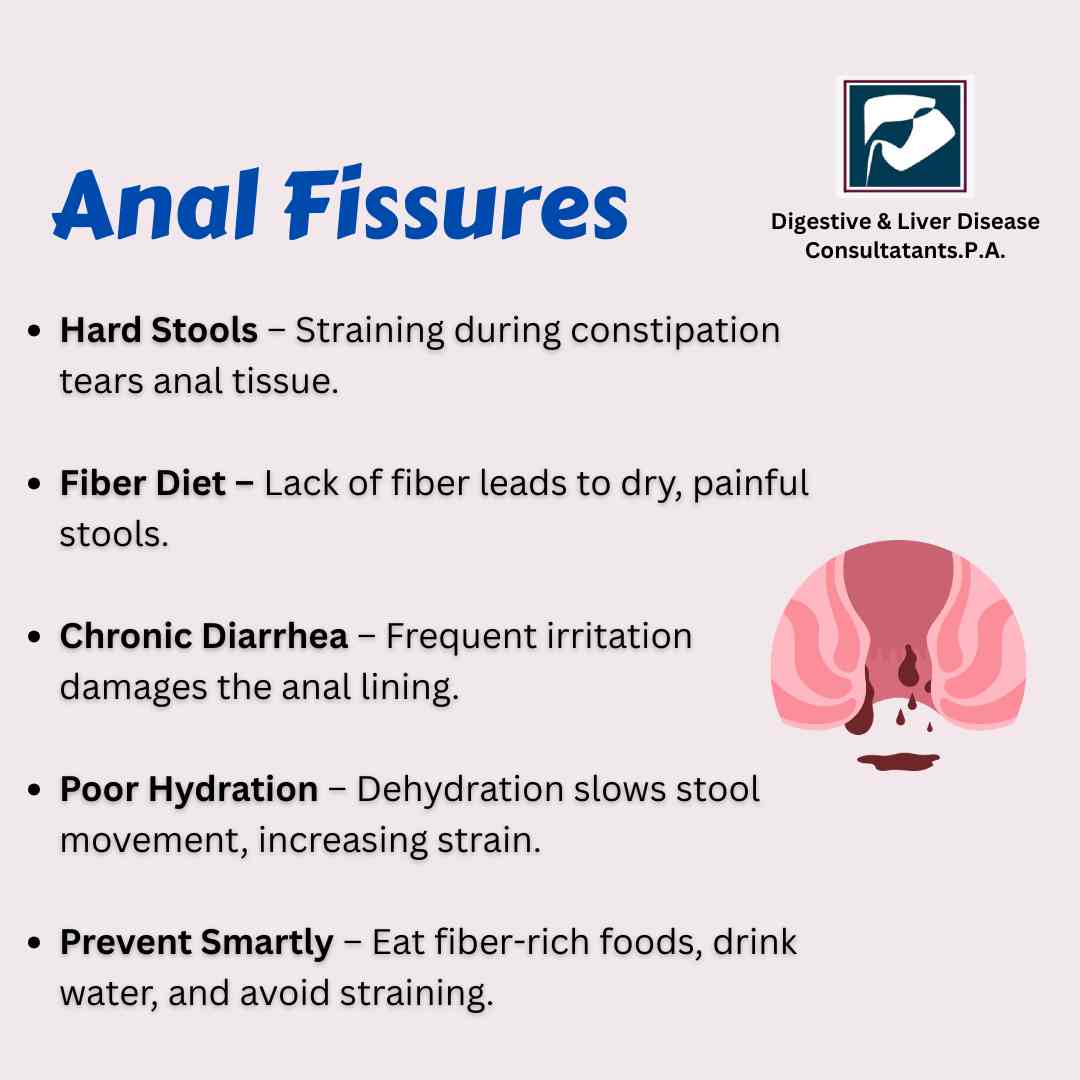
Common Causes of Anal Fissures
Anal fissures usually develop due to trauma or strain to the anal canal. Here are the most frequent causes:
Constipation and Straining
Hard or large stools can stretch the anal tissue, causing small tears. Straining during bowel movements is one of the most common reasons for fissures.
Chronic Diarrhea
Repeated loose stools can irritate and inflame the anal lining, making it more vulnerable to tearing.
Low-Fiber Diet
A diet lacking fiber leads to constipation and harder stools, increasing the risk of fissures.
Childbirth
Women sometimes develop anal fissures during or after childbirth due to pressure and strain.
Anal Infections or Inflammation
Conditions like inflammatory bowel disease (IBD), Crohn’s disease, or ulcerative colitis can cause chronic inflammation and make the anal area more prone to fissures.
Tight Anal Sphincter Muscles
When the anal muscles are too tight, they reduce blood flow to the area, slowing healing and making fissures more likely to recur.
Symptoms of Anal Fissures
Anal fissures can be very uncomfortable, especially during bowel movements. Common symptoms include:
- Sharp or burning pain during or after passing stool
- Bright red blood on toilet paper or in the toilet bowl
- Itching or irritation around the anus
- A small visible crack or tear near the anal opening
- A small lump or skin tag near the fissure (in chronic cases)
If these symptoms persist for more than two weeks, it’s important to see a gastroenterologist or colorectal specialist for proper evaluation.
How Are Anal Fissures Diagnosed?
Your doctor can usually diagnose an anal fissure with a simple physical examination. In some cases, if symptoms are severe or recurrent, additional tests may be done to rule out other causes like:
Anoscopy: A small device is used to view the anal canal.
Sigmoidoscopy or colonoscopy: To check for conditions such as inflammatory bowel disease or colon cancer.
Treatment Options for Anal Fissures
Most fissures heal on their own within a few weeks with simple home care and lifestyle adjustments. However, chronic fissures may require medical treatment.
1. Home Remedies and Self-Care:
Increase fiber intake: Eat more fruits, vegetables, and whole grains to soften stool.
Stay hydrated: Drink at least 8–10 glasses of water daily.
Avoid straining: Don’t push hard during bowel movements.
Warm sitz baths: Sitting in warm water for 10–15 minutes can soothe pain and relax the muscles.
Good hygiene: Gently clean the anal area with mild soap and water; avoid harsh wipes.
2. Medications:
Topical creams or ointments: Nitroglycerin or calcium channel blocker creams can help relax the sphincter and improve blood flow for healing.
Pain relievers: Over-the-counter painkillers can reduce discomfort.
Stool softeners: Prevent hard stools that can worsen fissures.
3. Medical and Surgical Options:
If your fissure doesn’t heal with conservative care, your doctor may suggest:
Botox injections: To relax the anal muscles.
Lateral internal sphincterotomy: A minor surgical procedure to reduce muscle tension and promote healing.
How to Prevent Anal Fissures
Prevention starts with maintaining healthy bowel habits and a balanced diet. Here are some effective strategies:
Eat a High-Fiber Diet
Include plenty of vegetables, fruits, beans, and whole grains. Aim for at least 25–30 grams of fiber daily.
Stay Hydrated
Water keeps stool soft and easier to pass.
Don’t Ignore the Urge
Holding in bowel movements can make stool harder and more difficult to pass later.
Exercise Regularly
Physical activity promotes healthy digestion and regular bowel movements.
Avoid Prolonged Sitting
Sitting for long periods, especially on the toilet, increases pressure on the anal area.
Manage Chronic Digestive Issues
If you have conditions like IBS, IBD, or chronic constipation, managing them with your doctor’s guidance can prevent fissure recurrence.
When to See a Doctor
If your symptoms persist for more than two weeks, or if you notice bleeding, pain, or swelling that doesn’t improve with home remedies, it’s time to seek medical help. Persistent fissures might be a sign of an underlying condition that requires specialized care.
At Digestive & Liver Disease Consultants, P.A.
At Digestive & Liver Disease Consultants, P.A. (DLDC), our experienced gastroenterologists provide expert care for all digestive and rectal health conditions, including anal fissures, hemorrhoids, and inflammatory bowel diseases. Using advanced diagnostic tools and minimally invasive treatments, we help patients across Texas achieve long-term relief and better digestive wellness.
Our team focuses on patient-centered care—addressing not just your symptoms, but the root cause of your condition. Whether it’s chronic constipation, recurrent fissures, or digestive discomfort, we’re here to guide you with compassion and expertise.
Conclusion
Anal fissures are common but preventable with the right habits and timely care. A diet rich in fiber, good hydration, and regular bowel habits can go a long way in protecting your digestive health. Ignoring symptoms or delaying treatment can lead to chronic pain or complications.
If you suffer from persistent anal pain, bleeding, or discomfort, consult our best gastroenterologist at Digestive & Liver Disease Consultants, P.A. Our expert team can diagnose the cause and create a personalized treatment plan to help you heal comfortably and restore your digestive health.

